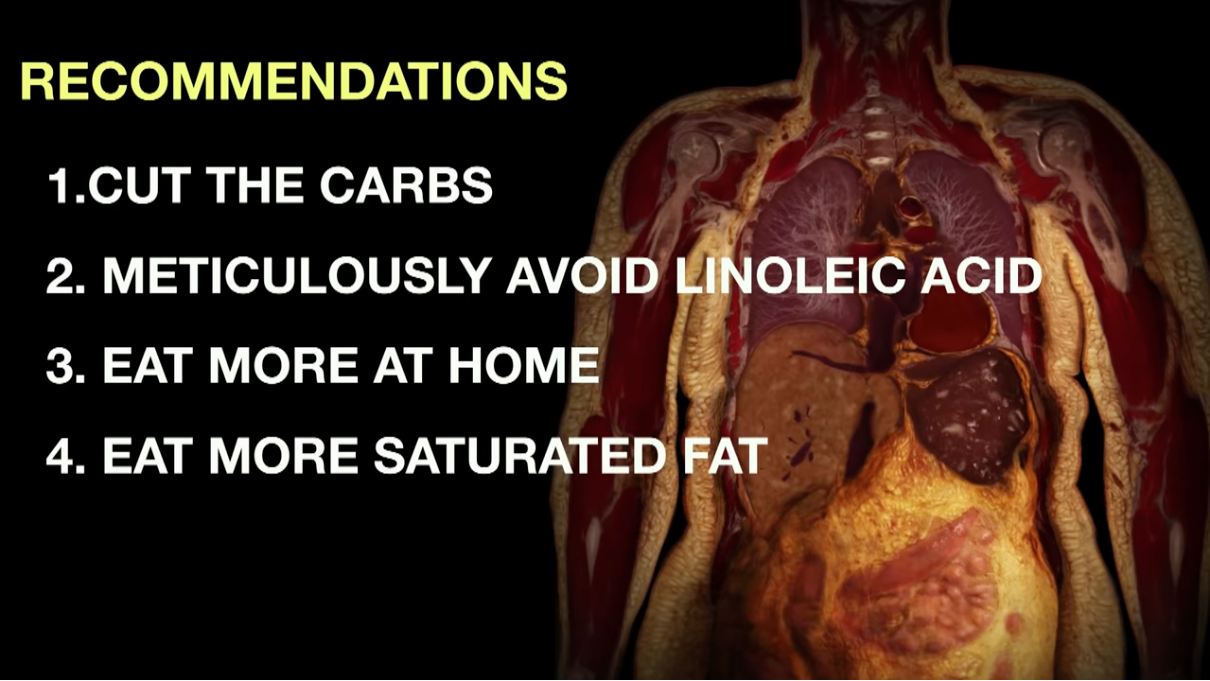Pertaining to the OP question. I’ve commented several times above so I will only add a couple of points here. If there were something per se about ketosis or eating to sustain ketosis that leads to steadily rising BG levels, systemic insulin resistance and an unhealthy outcome all of us would experience it. Many folks on this forum, myself included, have been in continuous ketosis for years and maintain normal glucose control which suggests normal insulin sensitivity. As I’ve mentioned multiple times, keto is a process of metabolic normalization that takes time to fix whatever has been broke from previous years/decades eating otherwise. That might be longer than you thought.
Finally, if there were something intrinsic to ketosis or eating to sustain ketosis that resulted in an unhealthy outcome, I think we would not be here discussing it. The die was cast 4 1/2 million years ago when a group of primates - who would eventually become us - abandoned the ability to metabolize cellulose.

